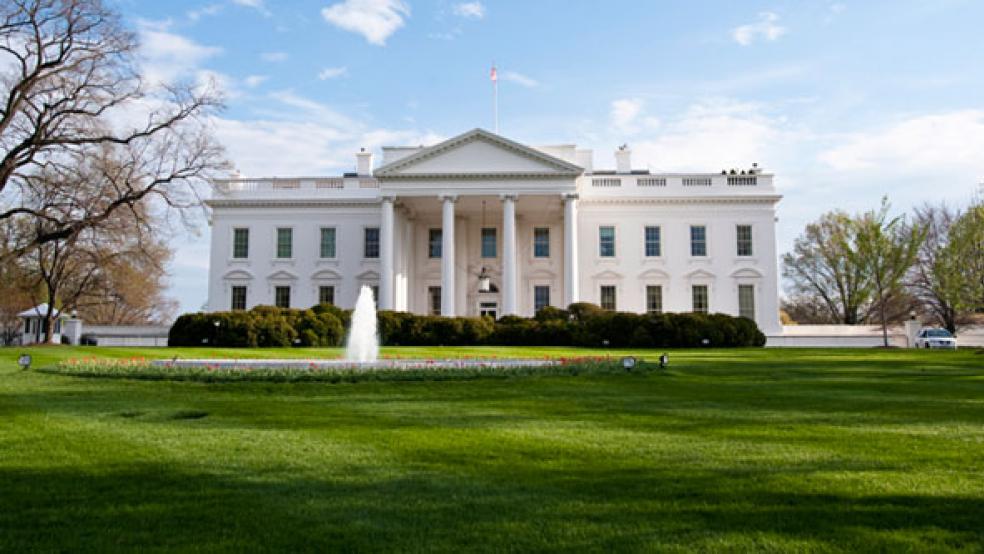The White House typically releases a mid-year review in July or August, updating its projections on a variety of economic factors including unemployment, inflation, GDP growth and the size of the deficit. But for the first time in decades, the review will not be released this summer, according to The Washington Post Thursday.
Administration officials say the coronavirus crisis has produced so much volatility in the economy that it’s too difficult to model the trends. Whatever the motivation, the decision will help the White House avoid providing what would likely be an unflattering picture of an economy wracked by the coronavirus. “It gets them off the hook for having to say what the economic outlook looks like,” former CBO director Douglas Holtz-Eakin said.
Bill Hoagland, senior vice president of the Bipartisan Policy Center and a former Republican staff director for the Senate Budget Committee, also expressed doubts about the administration’s decision. “There is no logistical reason they couldn’t do it,” he said. “It seems more likely they do not want to bring attention to the high level of unemployment they’d have to project for this year, and into next year.”
The lack of economic projections could make it harder for federal agencies to develop their budget requests for next year. “The agencies need good information on the economic outlook to plan,” said Claudia Sahm, who served on the White House Council on Economic Advisers during the Obama administration. “Without these forecasts, they cannot ask for the right amount in appropriations.”
Fed survey provides a look at the damage: A new Federal Reserve survey reveals some of the brutal economic conditions the Trump White House may be seeking to avoid bringing to light. Economic activity fell “sharply” in most districts in the six weeks up to May 18, the survey says, with severe reductions in travel and tourism, automotive sales, manufacturing and construction. The outlook among business owners is “highly uncertain” and many say they are “pessimistic about the potential pace of recovery.”
The survey is a “bracing reminder that as some Americans take advantage of easing restrictions to resume working and spending — and the stock market continues to rally — the economic wound remains open,” the Post’s Tory Newmyer said Thursday.




